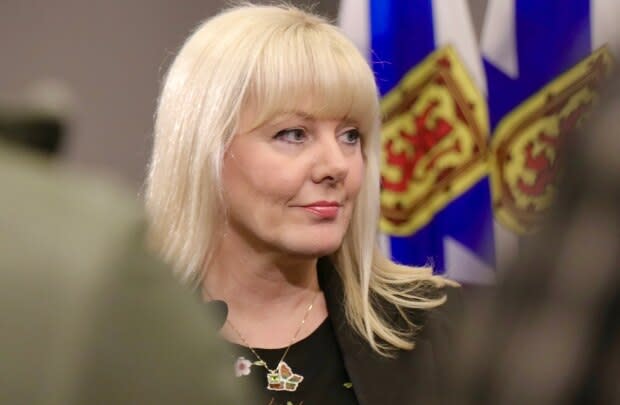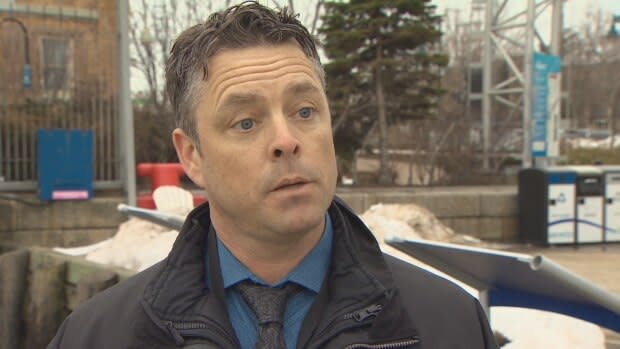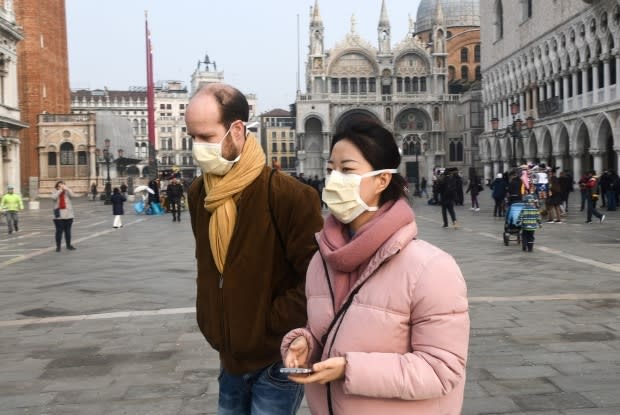What impact will the coronavirus have on Nova Scotia's tourism season?
As more countries report confirmed cases of the COVID-19 virus, Nova Scotia tourism operators face a challenge: how to attract thousands of international visitors while authorities work to minimize the chance of a traveller spreading the coronavirus.
As of Wednesday, more than 81,000 people have been sickened worldwide by the coronavirus, with most of the cases and deaths happening in China.
"I think Nova Scotia is well-positioned right now because the public health authorities are saying the risk in our area is exceptionally low. We certainly have that in our favour," said Michele Saran, the CEO of Tourism Nova Scotia.
The outbreak of the virus in China and the news that some airlines are cancelling flights there has challenged one of the agency's goals for 2019-20, which is to increase visitors from China from fewer than 5,000 in 2018 to 50,000 by 2024.
The Chinese government ordered a temporary halt to tour sales in late January, trying to slow the spread of the coronavirus.

"When we're talking about our Chinese visitors, they tend to book their holidays about six weeks out and they tend to look at late summer, early fall," Saran said. "It's a little bit early to speculate on that. Obviously, we're hoping the situation gets resolved quickly, though."
Late last year, the province announced two direct charter flights from mainland China to Halifax scheduled for September and October 2020. Saran is still expecting those flights will sell out.
The vast majority of visitors to Nova Scotia continue to come from the United States and elsewhere in Canada.
"I believe this is a short-term thing," Saran said. "China is such a strong market, I do believe it will bounce back."
Dr. Robert Strang, the province's chief medical officer of health, said the coronavirus may become like influenza, which is a worldwide virus that is managed and controlled every year. However, he explained public health officials must have plans in place for worst-case scenarios.

He met Tuesday with federal public health officials to discuss those plans, including the need for a federally-led strategy on what would happen if the virus arrived on board a cruise ship.
"That's a huge task when you look at the size of some of our cruise ships, but we need to start doing the planning and preparing for that," he said.
On Tuesday, the Port of Halifax released its schedule for the 2020 cruise ship season, which begins on April 11 and runs into November. The port said it's expecting more than 200 vessels carrying approximately 350,000 people.
Port spokesperson Lane Farguson said the port has followed news about the coronavirus outbreak aboard the Diamond Princess cruise ship docked in Yokohama, Japan.

"We're working with our partner agencies to understand what all of this means for Halifax," he said. "At this point there haven't been any operational changes here as a result of what's happening globally, but it is something we're paying very close attention to."
Any decision to quarantine a vessel or passengers rests with the Public Health Agency of Canada.
A spokesperson for Halifax Stanfield International Airport said in an email that plans are in place if a flight landed with ill passengers, but the airport is not prepared to release details yet.
Canadian international airports continue to ask screening questions about whether visitors have travelled to areas with outbreaks, and can send sick passengers to a quarantine officer.

Provinces and territories are also telling health-care workers to watch for patients who report symptoms of respiratory illness. Those patients could be asked about their travel history and might be tested for coronavirus.
Countries such as Brazil, Italy, Iran and South Korea are now reporting cases of COVID-19. Strang said the province is adding them to the list of affected countries.
"And we have to recognize that that list is likely to even grow and grow," he said.
MORE TOP STORIES


